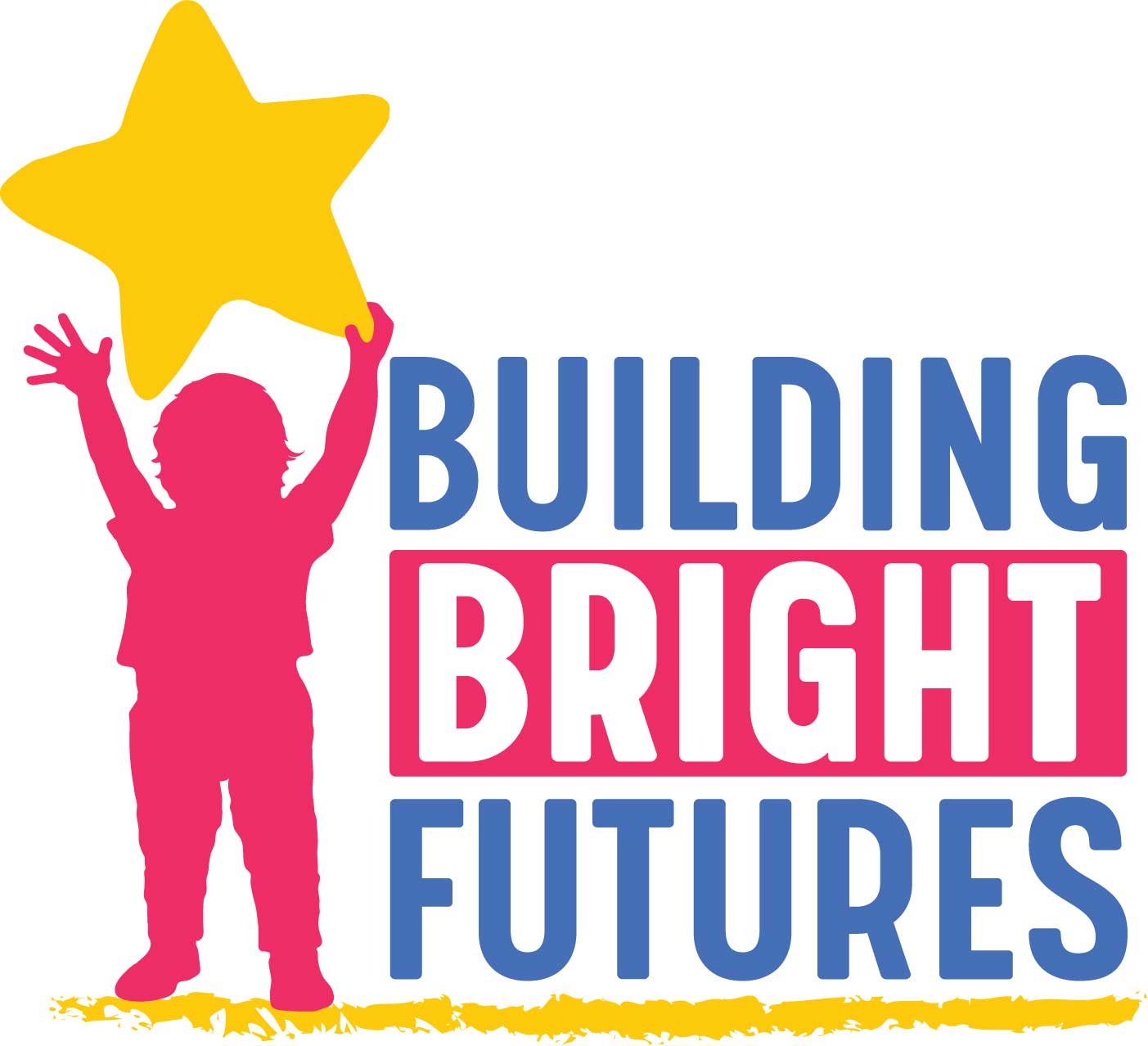In the fall of 2021, the Vermont Act Early/COVID-19 Response grant team was fortunate to receive another year of funding and continued support for: 1) promotion of resilience-building resources and activities for families, and 2) improving early identification and equitable access to services across the state. During year two, our Vermont team continues to convene the Child Outcomes Accountability Team to identify gaps in early identification and intervention systems in the state, address duplication, and improve coordination across other key services and supports accessed by Vermont families. By bringing together this cross-sector group of partners for a second year, we have the opportunity to limit these gaps and continue to break down silos in the early childhood infrastructure to create a seamless continuum of services that support vulnerable Vermont children and families.
Our team will also continue to leverage many of the opportunities and connections afforded by the grant in year one, including:
- Promoting the Help Me Grow (HMG) Resource Center across sectors to connect families to concrete resilience resources as well as resources from the CDC’s “Learn the Signs. Act Early.” program; efforts will expand this year to reach health care providers (e.g. birth hospitals, obstetricians, high-performing medical homes, and Developmental Understanding and Legal Collaboration for Everyone [DULCE] sites). One of the specific tools our team is promoting is the CDC’s Milestone Tracker app, which helps parents and caregivers track their children’s development. The CDC recently made some adjustments to the milestones, so make sure to update your app if you haven’t already!
- Offering Screening for Resiliency training and ongoing coaching, via the HMG Resource Hub, on the Ages and Stages Questionnaires (ASQ-3 and ASQ:SE-2), use of social determinant screening tools, and use of the ASQ Online System, which is integrated with Vermont’s Developmental Screening Registry.
- Offering Touchpoints Model of Development training to health care and early childhood providers, including Children’s Integrated Services (CIS) teams, to build family and provider resilience.
- Using Regional Early Childhood Councils to direct the staffing and funding of local responses to recover from the strains and stress caused by the COVID-19 pandemic, including trainings, connection to services, information resources, events, and physical goods.
One example of our regional work comes from the Addison Regional Council. The strength of the Addison Regional Council’s work allowed for a quick turnaround from identifying a challenge to connecting direct service providers to each other and making key connections for families and young children. The Addison Regional Council made connections that were the catalyst for the Vermont Migrant Education Program and Bridges to Health Educational Services by engaging early educators to distribute a survey in registration packets for new students. The survey is shared with parents who work on farms and includes questions about children in the household and educational needs. Information gained from these surveys will help to identify and support more migrant families within the region.
Transportation can also be a substantial challenge for farm families. This can create a real barrier for access to child care and other support services. The Addison Regional Council was able to connect to a local transportation agency, Head Start program, and migrant education services to coordinate efforts for a local family in need.



